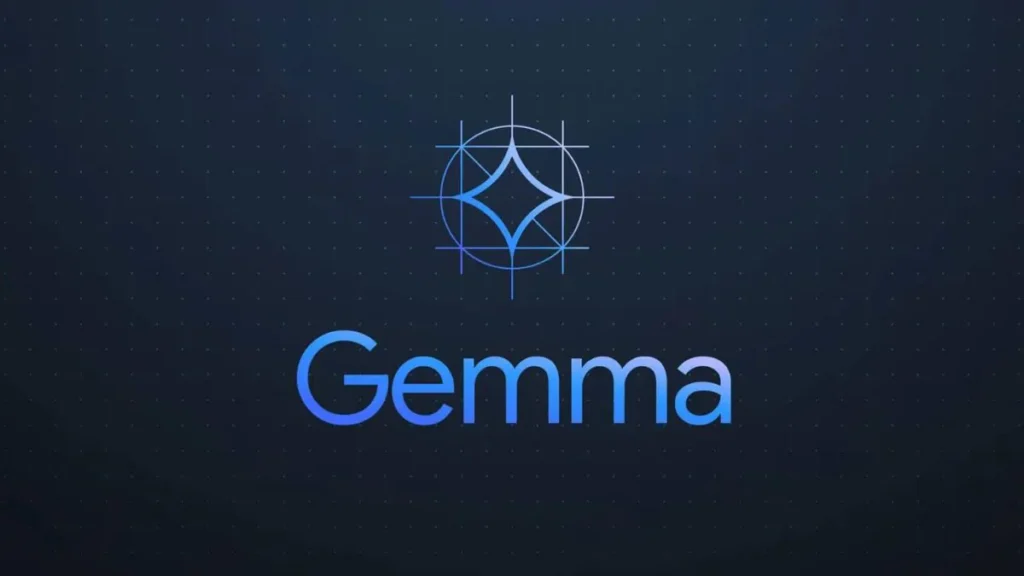Built on Gemini Technology: Gemma’s Open-Source AI Models Harness Cutting-Edge Research
Google made waves in the AI community with the launch of Gemma, its latest offering in the realm of lightweight open-source AI models, on Wednesday, February 21. This new family of AI models comprises two variants: Gemma 2B and Gemma 7B, both of which are now accessible to developers and researchers worldwide. What sets Gemma apart is its foundation in the same cutting-edge research and technology that underpins Google’s Gemini AI models, a testament to the company’s commitment to democratizing AI and advancing the field through collaborative innovation.
Spearheaded by Google CEO Sundar Pichai, the announcement of Gemma’s arrival was met with widespread excitement and anticipation within the AI community. Pichai highlighted Gemma’s robust performance across various language understanding and reasoning benchmarks, emphasizing its versatility and compatibility with a wide range of tools and systems. With Gemma, developers have the flexibility to leverage AI technology for task-specific applications, empowering them to create innovative solutions tailored to their unique needs and use cases.
To support developers in harnessing the full potential of Gemma, Google has rolled out a comprehensive suite of resources and tools. From a dedicated developer landing page featuring quickstart links and code examples on Kaggle Models, to seamless deployment options via Vertex AI and Collab integration for experimentation and domain-specific applications, Google is paving the way for a new era of AI-driven innovation. With Gemma’s arrival, Google continues to democratize access to advanced AI capabilities, fostering collaboration and creativity among developers worldwide as they explore the boundless possibilities of AI-powered solutions.
Highlighting some of the features of the Gemma AI models, Google said that both the variants are pre-trained and instruction-tuned. It is integrated with popular data repositories such as Hugging Face, MaxText, NVIDIA NeMo, and TensorRT-LLM. The language models can run on laptops, workstations, or Google Clouds via Vertex AI and Google Kubernetes Engine (GKE). The tech giant has also released a new Responsible Generative AI Toolkit to help developers build safe and responsible AI tools.

As per reports shared by Google, Gemma has outperformed Meta’s Llama-2 language model in multiple major benchmarks such as Massive Multitask Language Understanding (MMLU), HumanEval, HellaSwag, and BIG-Bench Hard (BBH). Notably, Meta has already begun working on Llama-3, as per various reports.
Releasing open-source smaller language models for developers and researchers is something that has become a trend in the AI space. Stability, Meta, MosaicML, and even Google with its Flan-T5 models already exist in open-source. On one hand, it helps build an ecosystem as all developers and data scientists who are not working with the AI firms can try their hands at the technology, and create unique tools.
On the other hand, it also benefits the company as most often firms themselves offer deployment platforms that come with a subscription fee. Further, adoption by developers often highlights flaws in the training data or the algorithm that might have escaped detection before release, allowing the enterprises to improve their models.

















